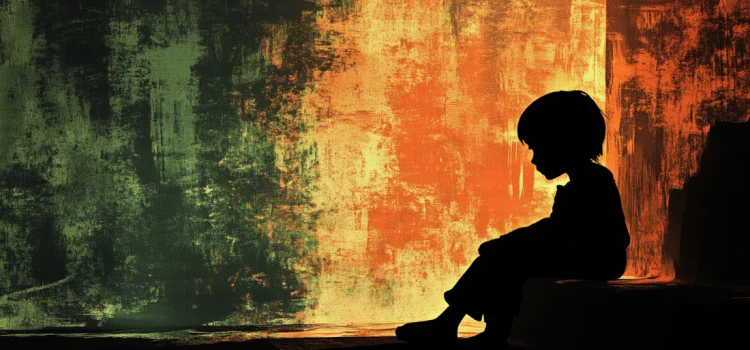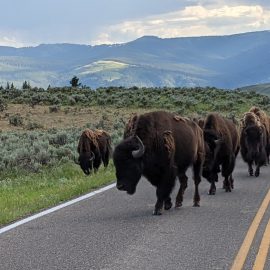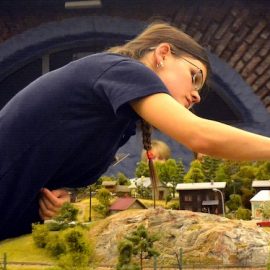

This article is an excerpt from the Shortform book guide to "Unbound" by Tarana Burke. Shortform has the world's best summaries and analyses of books you should be reading.
Like this article? Sign up for a free trial here.
What are the effects of childhood sexual abuse in adulthood? How did Tarana Burke handle being told of someone else’s abuse when she was younger?
After getting involved in leadership movements, Burke learned to use her anger in a healthier way. However, her experiences of childhood sexual abuse still made it difficult to talk about traumatic experiences with other people.
Discover how childhood sexual abuse can trigger people, even when they’re adults.
Burke’s Activism Was Both Rewarding and Challenging
Burke says her involvement in the 21st Century Youth Leadership Movement (21C) opened the door to higher education and a career. After high school, she didn’t have the financial resources to attend college, so she took some time off from school and worked to save money. When one of 21C’s leaders, Rose Sanders, heard about her plan, she pulled strings to get Burke accepted to Alabama State University with full funding. During Burke’s freshman year of college (1992), she continued her activism by organizing protests against racism and sexism. In recognition of her talent and passion for community activism, 21C offered Burke an organizing job in Selma, Alabama when she graduated from college. However, it was here when Burke experienced some of the effects of childhood sexual abuse in adulthood.
(Shortform note: Studies on college enrollment patterns suggest that underprivileged youth often encounter barriers, like a lack of financial resources, on their pathway to college. However, these barriers can be overcome by forming relationships with helpful adults—like Burke’s mentor, Sanders (now known as Faya Rose Touré)—who have knowledge about the college enrollment process, power within their communities, and greater resources. Such relationships provide what sociologists call “social capital”—tangible and intangible benefits you can only receive by participating in those relationships. Building social capital can also help college graduates get jobs (as Burke’s experience with 21C demonstrates).)
Burke explains that her job entailed helping to lead youth camps. At the first camp she organized, she connected with a troubled girl named Heaven. Burke believed she could teach Heaven to channel her rage about injustice into more productive outlets, and together they made progress toward that goal.
However, when Heaven confided in her that she’d been sexually abused, Burke handled it poorly. The conversation triggered her own feelings of grief and shame, so she ended it abruptly and referred Heaven to another camp leader. This broke Heaven’s fragile trust and their connection. When Burke thought about how to handle similar situations in the future, she realized she had to work through her trauma. She started by admitting to herself that she’d been abused.
| Dealing with Vicarious Trauma Hearing a trauma victim’s story can be distressing for anyone due to a phenomenon called vicarious trauma: Others’ disclosures can trigger an emotional response as strong as the emotions you’d experience if you’d lived through the trauma yourself. (This is what Burke experienced in response to Heaven’s story.) Even though it can be hard, it’s important for professionals to respond appropriately to trauma disclosures like Heaven’s—a negative response, like ending the conversation, can retraumatize the survivor and deter them from seeking support in the future. If someone discloses their trauma to you, experts recommend staying calm, letting them direct the conversation, and showing compassion. If you can’t stay calm because the disclosure evokes your own traumatic memories, that’s a sign that, like Burke, you may need to address your own trauma. |

———End of Preview———
Like what you just read? Read the rest of the world's best book summary and analysis of Tarana Burke's "Unbound" at Shortform.
Here's what you'll find in our full Unbound summary:
- The origin of the viral phrase “me too”
- What Tarana Burke did to heal from the experience of childhood sexual abuse
- The story of the #MeToo movement






